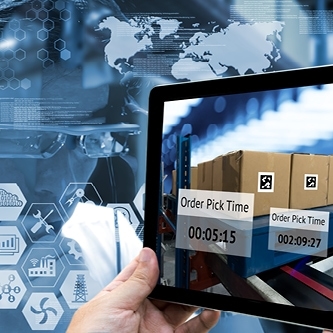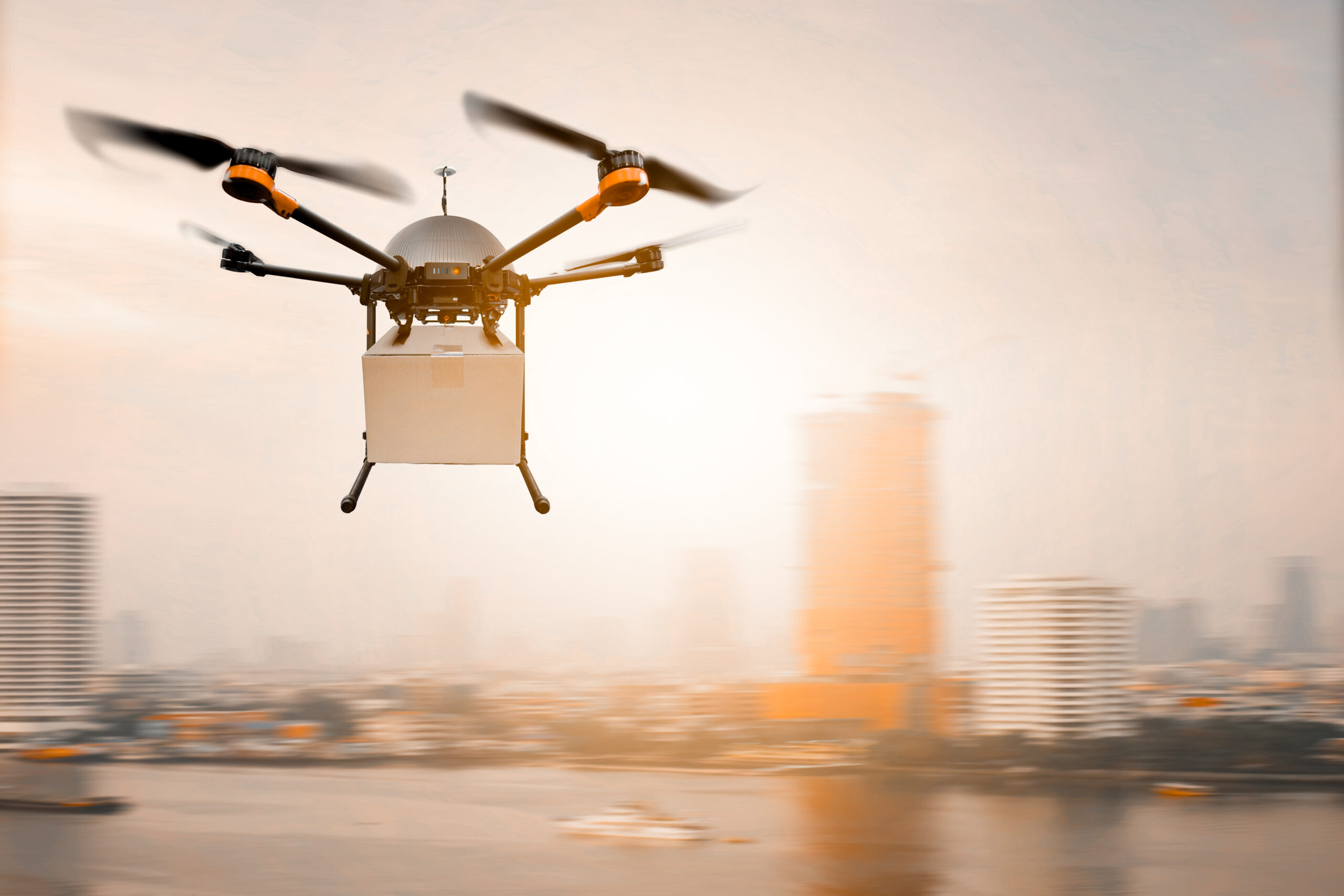In 2018, drivers are stealthy, package-delivery heroes. Technology gives them the power to bypass congested traffic, predict transit times of single-lane roads, and drop packages at a front door without ever having made a left turn.
UPS calls this technology ORION.
DHL inconspicuously refers to it as “machine learning model.”
The masses know it as artificial intelligence. And, it’s poised to transform the supply chain even more. Forward thinking logistics companies will harness AI to create efficiencies that increase customer value. But, it will be parcel intelligence companies that will provide the AI data and the ability to make sense of it.
What AI Needs to Know
Parcel intelligence providers already are well-positioned to help AI take the supply chain to the next phase. Here’s an example of the data VeriShip gathers to make that leap happen:
Invoice Data: This is where it all starts. What did you get billed for? And more importantly, did you get what you paid for? By using the Invoice Data, along with the Tracking and Transit Data, we can paint the whole picture of how the package made its way from your warehouse to your customer.
Tracking Data: This is the data that gets created as a package moves along its lifecycle. From manifest date, to route updates, to exceptions, to delivery date (or delivery failure); VeriShip collects it, stores it, makes sense of it, and monetizes it for shippers.
Transit Data: VeriShip calculates the committed transit times for packages shipped in most lanes, for most service types. We can tell which product and carrier can get a package shipped from Los Angeles to Buffalo the fastest.
The supply chain needs AI and AI needs data. From there, imagine what moves drivers will perform next.
Susie Walker is a Senior Product Manager at VeriShip and provides shippers UPS and FedEx impact analyses derived from the industry’s only data science-backed simulation engine.















